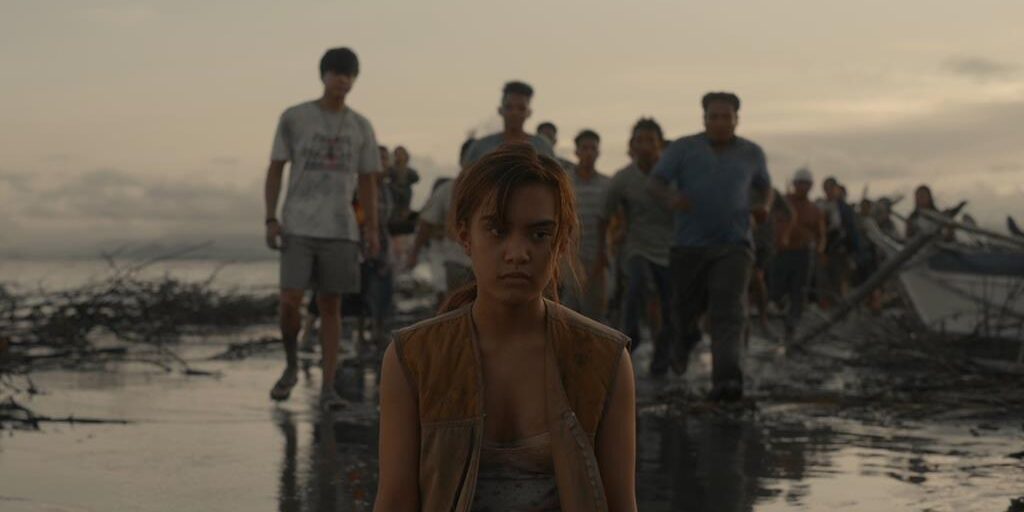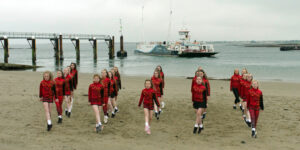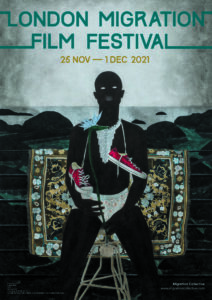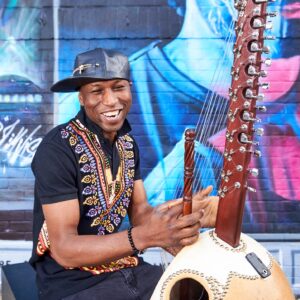

The London Migration Film Festival has returned to the city’s cinemas after a year-long absence.
Featuring a mix of riveting stories, the LMFF will be screening a variety of films focused on the intersection of migration with themes like the climate emergency, integration, parenthood, race, gender, at multiple venues across London between November 25 and December 1.
“We got over 200 submissions this year and we wanted to make sure there is a good geographic spread of films that are not just about people moving from global south to the global north,” said Lily Parrott, a co-founder of the Migration Collective and professional migration and asylum lawyer.
Started in 2016, the festival was the brainchild of Lily and her ex-classmates from the Migration and Development studies department at SOAS University, who came up with the idea around the time when the refugee crisis blew up in a big way on a global scale.
The listings this year includes 27 movies by new and established filmmakers from around the world and the opening night will feature a performance by Kadialy Kouyate, a songwriter inspired by the West African Griot repertoire, followed by a film about a Peruvian housekeeper in Chile titled Lina From Lima the next day.
Andres Bronniman’s feature documentary The Universality Of All, that’s been described as like a crash course in understanding the causes and the effects of migration, is another must-see.
“I think is incredibly important to have spaces, forums, or festivals where the topic of human migration is discussed in a more profound and meaningful manner. I also think it is important to celebrate, learn, and reflect on all the different stories and perspectives this issue encompasses.” said Bronniman.
With no film experience, creating a film festival which is almost entirely self-funded was a steep climb for Lily and her team, and they had to teach themselves about the industry from scratch and on top of their full-time jobs.
“The way migration was being spoken about was very problematic, it tended to either be very polarized, framing refugees as invaders, or just focused on helpless women and children, so we wanted to challenge how people talk about migrants beyond these binary terms.” said Lily.
Now, the team works with professional filmmakers like Mo Scarpelli, who is one of the judges this year.
Most screenings (except for shorts), will be followed by a Q&A with experts in the field of migration like Gulwai Passerlay, an advocate and humanitarian and Samah Bushra, the founder of Refugee Access.
There are events like the Afghan kite-making workshop and a long table discussion about the relationship between migration and time between academics and artists. The finale will feature the critically acclaimed documentary film Four Seasons In A Day by Annabel Verbeke about the complexities of being Irish in a post-brexit Britain, shot at the border crossing between Ireland and the UK.

A still from ‘4 Seasons in a Day’ by Annabel Verbeke – the film will be featuring in the festival finale
An online version of the programme will also be available for anyone who is still wary of Covid: “We are taking full precautions and understand that this is still a challenging time for most people,” said Lily.
This article was edited to reflect a change in the festival program regarding Q&As: instead of these being with the films’ director, they will feature experts in the field of migration.

